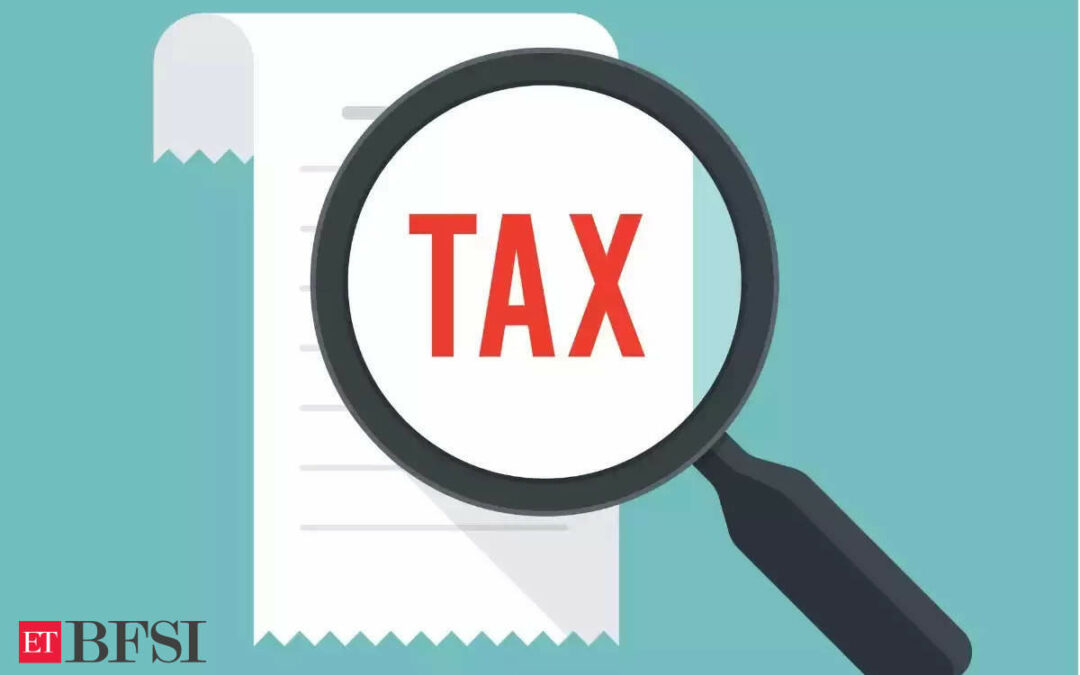New Delhi:India Inc is requesting the government for a phased transition to the long term capital gains (LTCG) tax regime announced in the budget for FY25, which proposes to remove indexation benefits for property, gold and other unlisted assets.
The options being proposed are a higher tax rate with indexation or a lower rate of 12.5% without indexation, as well as some form of grandfathering for ancestral properties. The suggestions are being examined at the finance ministry and will be discussed with the Prime Minister’s Office, people familiar with the matter told ET.
A final call will be taken closer to when the reply to the Finance Bill is to be delivered in the Parliament, they said. Industry groups will be sending formal submissions to the finance ministry soon. “We are proposing that some time be given to taxpayers for transition,” said an official with a leading industry lobby group.
The finance ministry has held one round of discussions on the concerns raised in several quarters over the move, including a possible rise in black money transactions. The July 23 budget reduced LTCG tax on property to 12.5% from 20%. The benefit of indexation is proposed to be scrapped for properties that were purchased on or after April 1, 2001.
The indexation benefit allowed taxpayers to adjust the acquisition cost for inflation before computing capital gains, which reduced the liability. The government issues the Cost Inflation Index (CII) every year for this computation. “Since the sudden transition to new capital gains regime impacts existing properties held by taxpayers, the amendment has a retroactive impact for such taxpayers,” said an official with another industry body backing a transition regime.
According to the suggestions being mooted, the seller of a property would have a choice of 20% LTCG rate with indexation or 12.5% LTCG rate without that facility. “As per tax policy diligently followed by the current government, any drastic change in regime has been made in a gradual manner, by providing options to taxpayers to choose between the old regime and new regime,” said Sudhir Kapadia, senior advisor at EY, supporting the suggestion. For instance, domestic companies can choose between a concessional 22% tax rate under Section 115 BAA without incentives and deductions, or the normal 30% tax rate after claiming permitted tax incentives and deductions.Similarly, individual taxpayers also have a choice between two separate tax regimes — one with deductions the other without. For the benefit of taxpayers, where the capital gain is limited vis-àvis inflation, it is recommended an option may be given of choosing between the old and new regimes, said Kapadia. “Such an option existed in Income Tax Section 112 since AY (assessment year) 2000-1 for listed securities (other than units),” he pointed out.










